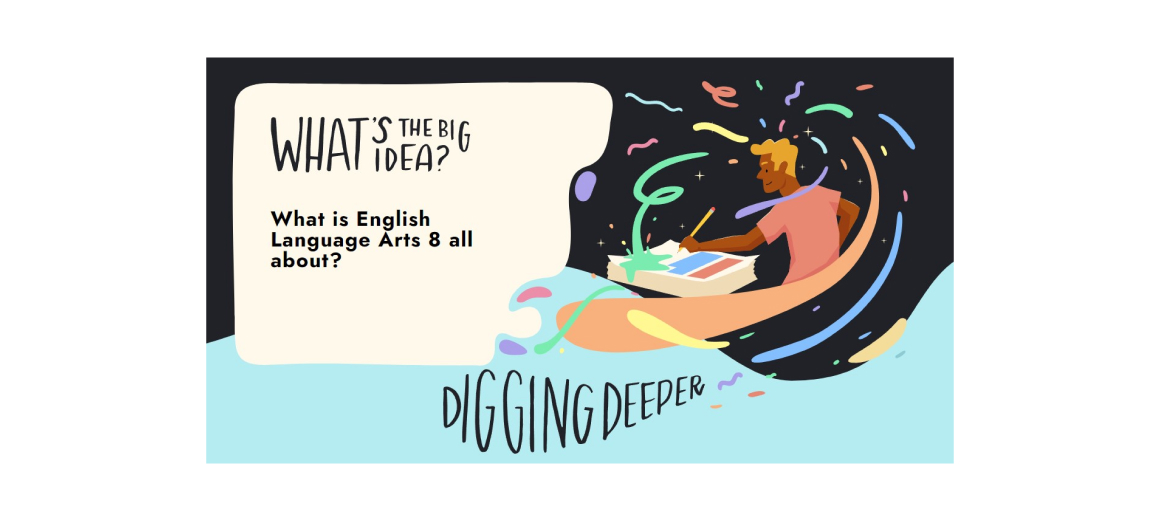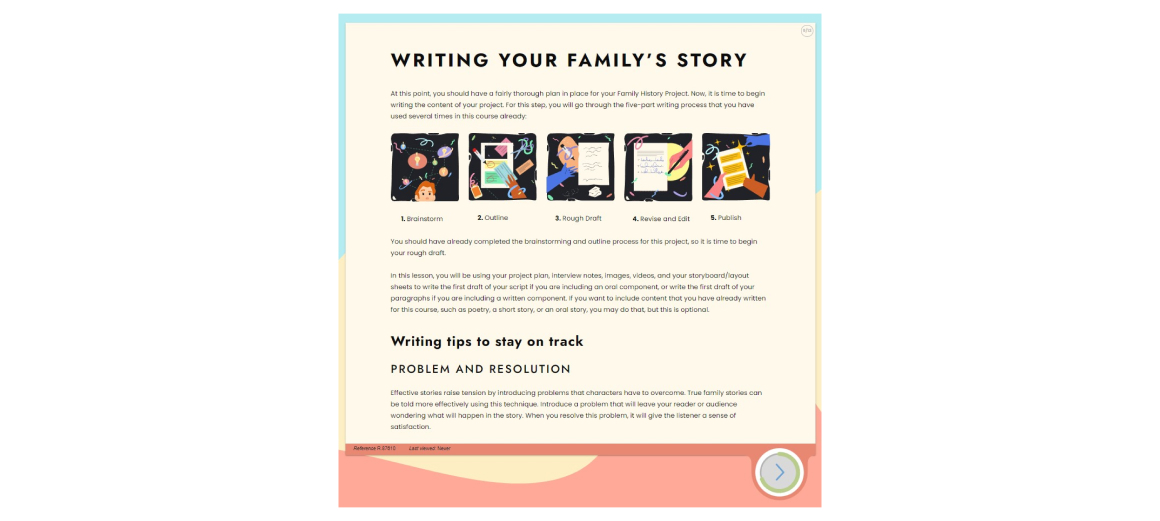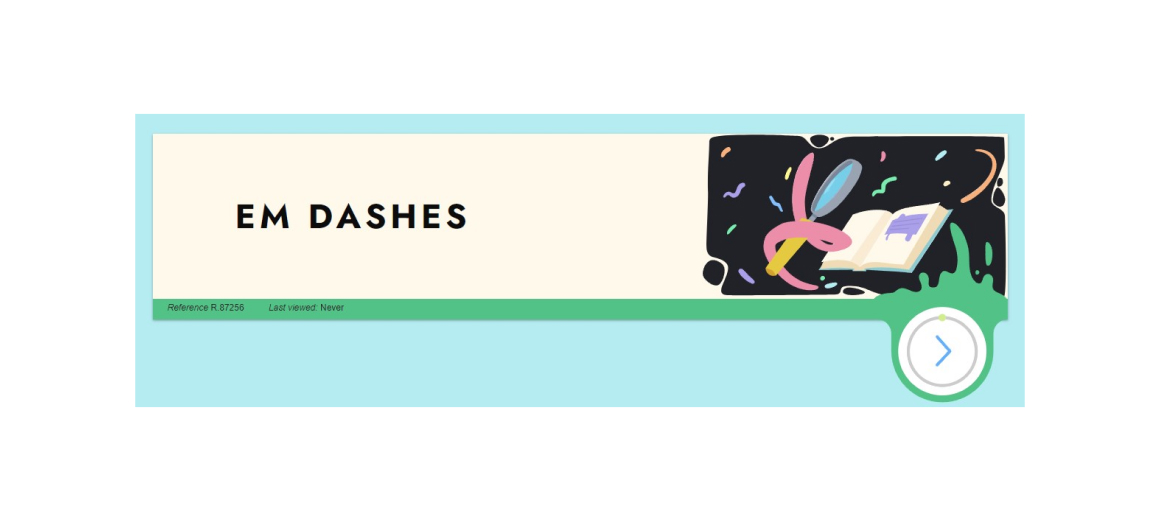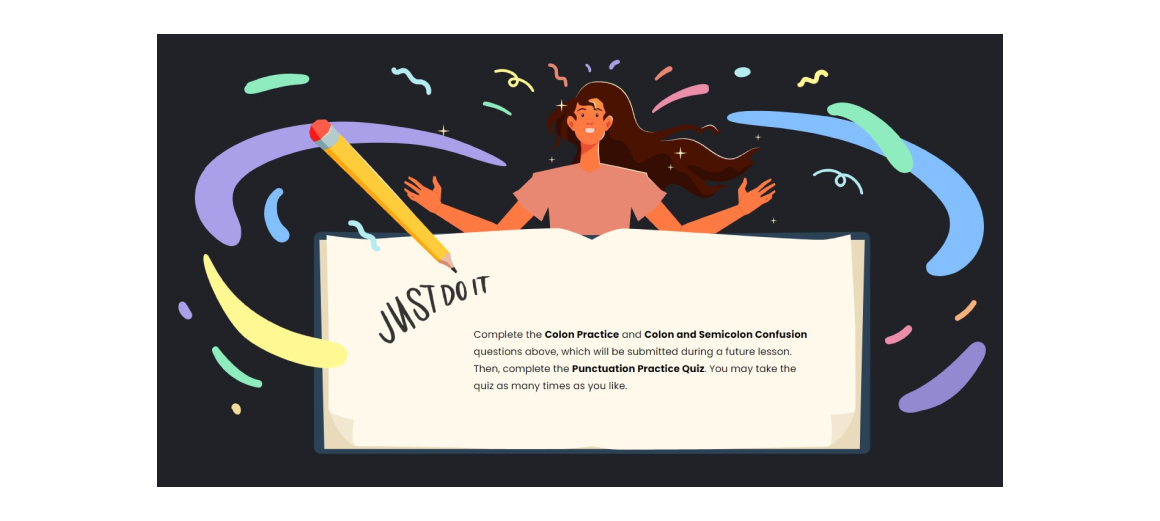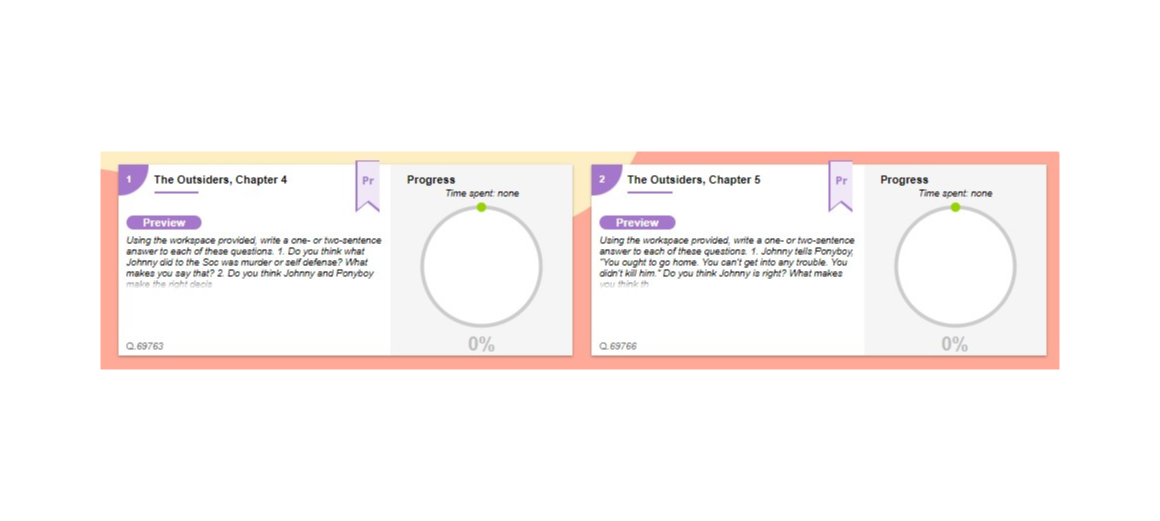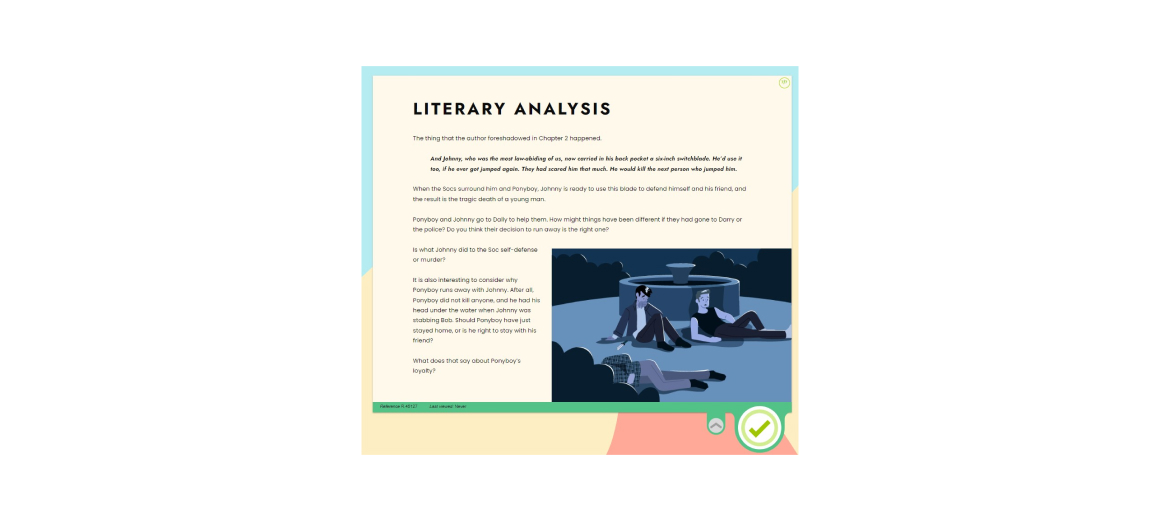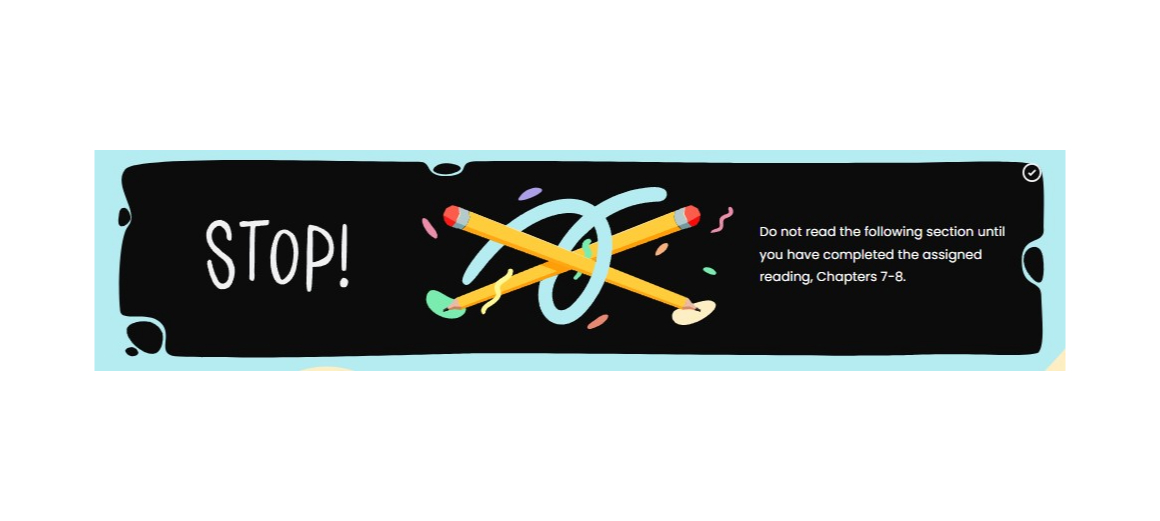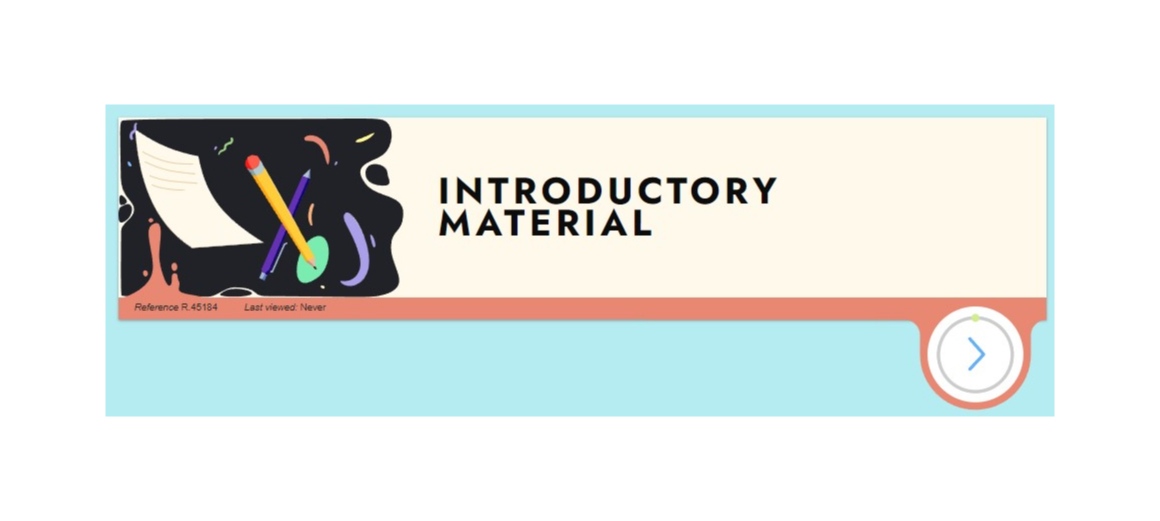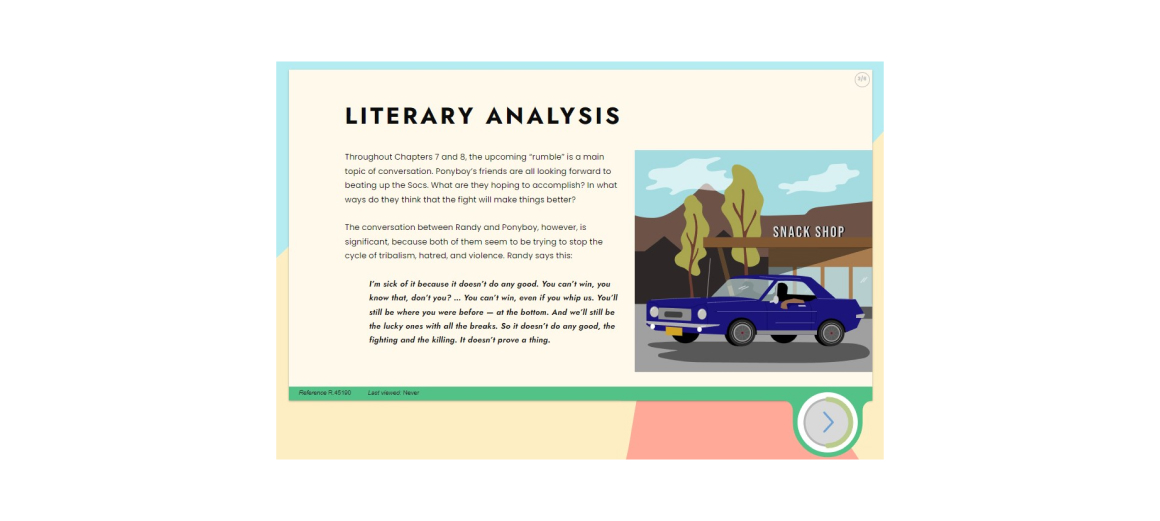English Language Arts 8
An important part of any person’s identity is their sense of belonging. What group of people do they belong to? What tribe are they part of? Who do they consider to be their kin? Many works of literature explore this theme, and this is the central question of English 8: Who are my people? A goal of this course is to give students an opportunity to explore their relationships with the people closest to them, identifying themselves as part of a group or groups so that they have a sense of belonging and kinship. Students will have an opportunity to write and tell stories about their families in ways that will hopefully give them a positive sense of pride in their families or communities.
However, there is a potential shadow to having a sense of belonging within a group, because tribalism is a powerful force that can pit one tribe or group against another. So while students are exploring their identity as part of various groups, they are encouraged to resist seeing those who are outside of their group as “other.” The literature studies, the writing projects, and the final project are all centered around this theme of tribes without tribalism.
Hopefully, students will learn to embrace their own identity within their families and communities, and yet recognize that they are part of a much larger family, made up of the entire human race.
The StudyForge Difference
English 8 has dozens of engaging animated videos that teach complex topics in a simple way. Guiding questions and reflection questions allow students to go deep into important literary and thematic topics. The creative writing craft receives special attention, breaking down the process of storytelling into achievable steps. Students will also have opportunities to grow in their paragraph and multi-paragraph writing skills, with step-by-step videos designed to guide students in their learning. Grammar Games are included in the novel study and literature circle units to develop students’ key vocabulary and grammatical skills. Beautiful, original illustrations complement the course text, enhancing student enjoyment and comprehension.
Table of Contents
Week 1: Getting Started
Lesson 1.1 – Introduction to English Language Arts 8
Lesson 1.2 – Finding My Tribe
Lesson 1.3 – My Tribes Forum
Week 2: Family Free-Verse Poem
Lesson 2.1 – Poems About Ancestors
Lesson 2.2. – Writing Free-Verse Poetry
Lesson 2.3 – Adding Poetic Devices
Week 3: Poems About Origins
Lesson 3.1 – “Where I’m From”
Lesson 3.2 – “I Was Raised By”
Lesson 3.3 – Sharing Poems
Week 4: These Are My People
Lesson 4.1 – Shared Narratives
Lesson 4.2 – “These Are My People”
Lesson 4.3 – Sharing a Family Story
Week 5: Family Short Story
Lesson 5.1 – Storytelling Techniques
Lesson 5.2 – Writing Your Family Story
Lesson 5.3 – Finalizing Your Family Story
Week 6: The Outsiders, Part 1
Lesson 6.1: The Outsiders, Chapters 1-2
Lesson 6.2: The Outsiders, Chapter 3
Lesson 6.3: Reading Skills
Week 7: The Outsiders, Part 2
Lesson 7.1: The Outsiders, Chapters 4-5
Lesson 7.2: The Outsiders, Chapter 6
Lesson 7.3: Reading Skills
Week 8: The Outsiders, Part 3
Lesson 8.1: The Outsiders, Chapters 7-8
Lesson 8.2: The Outsiders, Chapter 9
Lesson 8.3: Reading Skills
Week 9: The Outsiders, Part 4
Lesson 9.1: The Outsiders, Chapters 10-11
Lesson 9.2: The Outsiders, Chapter 12
Lesson 9.3: Reading Skills
Week 10: The Outsiders Book Review
Lesson 10.1: Book Review: Brainstorm and Outline
Lesson 10.2: Book Review: Rough Draft
Lesson 10.3: Book Review: Revise, Edit, and Publish
Week 11: Spelling and Punctuation
Lesson 11.1: Spelling
Lesson 11.2: Punctuation, Part 1
Lesson 11.3: Punctuation, Part 2
Week 12: Sentence Structure and Grammar
Lesson 12.1: Capitalization and Quotation Marks
Lesson 12.2: Run-on Sentences and Fragments
Lesson 12.3: Subject-Verb Agreement
Week 13: Paragraph Writing
Lesson 13.1: Paragraph Structure
Lesson 13.2: “How To” Paragraph: Outline and Rough Draft
Lesson 13.3: “How To” Paragraph: Revising and Editing
Week 14: Multi-Paragraph Composition, Part 1
Lesson 14.1: Topic, Message, and Thesis Statement
Lesson 14.2: Outline
Lesson 14.3: First Body Paragraph
Week 15: Multi-Paragraph Composition, Part 2
Lesson 15.1: Second Body Paragraph
Lesson 15.2: Third Body Paragraph
Lesson 15.3: Revising and Editing
Week 16: Literature Circles, Part 1
Lesson 16.1: Literature Circles, Novel Choices
Lesson 16.2: Literature Circles, Section 1
Lesson 16.3: Literature Circles, Section 2
Lesson 16.4: Literature Circles, Discussion 1
Week 17: Literature Circles, Part 2
Lesson 17.1: Literature Circles, Section 3
Lesson 17.2: Literature Circles, Section 4
Lesson 17.3: Literature Circles, Discussion 2
Week 18: Literature Circles, Part 3
Lesson 18.1: Literature Circles, Section 5
Lesson 18.2: Literature Circles, Section 6
Lesson 18.3: Literature Circles, Discussion 3
Week 19: Literature Circles, Part 4
Lesson 19.1: Literature Circles, Section 7
Lesson 19.2: Literature Circles, Section 8
Lesson 19.3: Literature Circles, Discussion 4
Week 20: Literature Circles, Book Talk
Lesson 20.1: Book Talk Vlog
Lesson 20.2: Book Talk Vlog Preparation
Lesson 20.3: Book Talk Vlog Recording and Editing
Week 21: Us vs. Them
Lesson 21.1: “Enemies Just Like Us”
Lesson 21.2: The Christmas Truce
Lesson 21.3: “There is Only Us”
Week 22: Us vs. Them in Canadian History
Lesson 22.1: The Ukrainian Internment
Lesson 22.2: The Japanese Internment
Lesson 22.3: Creative Response
Week 23: Indigenous Peoples in Canada
Lesson 23.1 – Residential Schools
Lesson 23.2 – First Peoples Picture Books
Lesson 23.3 – Finding Another Story
Week 24: Marginalized People Today
Lesson 24.1 – Marginalized People Today
Lesson 24.2 – Sally
Lesson 24.3 – Finding Reliable Information Online
Week 25: Research Assignment
Lesson 25.1 – Research Assignment, Part 1
Lesson 25.2 – Research Assignment, Part 2
Lesson 25.3 – Research Assignment, Part 3
Week 26: Family History Project, Part 1
Lesson 26.1: Family History Project Introduction
Lesson 26.2: Gathering Images
Week 27: Family History Project, Part 2
Lesson 27.1: Gathering Information
Lesson 27:2: Storyboarding
Week 28: Family History Project, Part 3
Lesson 28.1: Writing Your Story
Lesson 28.2: Revising and Editing Your Story
Week 29: Family History Project, Part 4
Lesson 29.1: Finalizing Your Project
Lesson 29.2: Sharing Your Story
Week 30: Final Reflection
Lesson 30.1: Final Reflection
Experience a lesson as your students would
Course Features
- Students get step-by-step guidance on complex writing tasks like writing essays
- Formative feedback built directly into the course structure
- Highly engaging and humorous instructional videos
- Accessible for students with diverse learning needs
- Games and quizzes to review vocabulary and other objective content
- Indigenous perspectives and stories are woven into the fabric of the course
- Beautiful visual design enhances the course text and pedagogy
